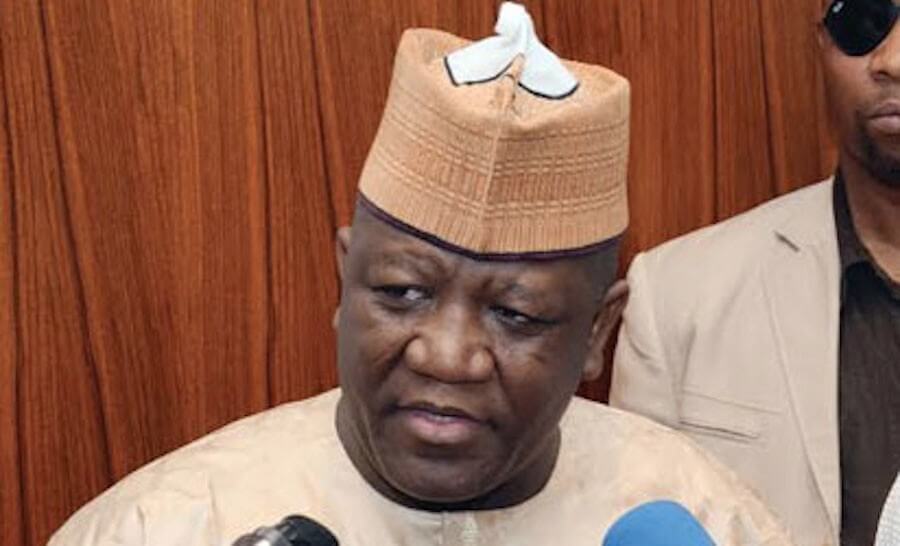[dailymotion code=”x7nkn30″ autoplay=”yes”]
Nigeria’s President Muhammadu Buhari has approved the extension of the closure of Nigeria’s land borders to January 31, 2020.
“I am directed to inform you that it is observed that despite the overwhelming success of the operation, particularly the security and economic benefits to the nation, a few strategic objectives are yet to be achieved,” an official memo signed by the Comptroller (Enforcement) of the Nigeria Customs Service (NCS), Victor Dimka read.
“Against this background, Mr President has approved an extension of the exercise to January 31, 2020.”
The Nigeria government had in August, ordered partial closure of land borders to curtail smuggling of rice and other products into the country, citing non-compliance of neighbouring countries with ECOWAS protocols on the transit of goods.
The move intends to create an opportunity for local producers of commodities such as rice, vegetable oil, palm oil and other agricultural produce to increase production and meet local demand.
However, criticism has trailed the border has many Nigerians lamented the high price of food commodities like rice, poultry, and vegetable oils.
The country’s inflation numbers also became the first casualty of policy-induced pressure with a 0.22 percent rise to 11.24 percent in September, against 11.02 in August.
The average prices month-on-month basis, rose by 1.04 percent in September, in both food (13.5 percent) and non-food (8.9 percent) items, particularly the prices of bread and cereals, oils and fats, meat, potatoes, yam, and other tubers, fish and vegetables.
But the Central Bank of Nigeria’s governor, Godwin Emefiele, said the closure of the land borders has helped create “jobs” and improved the country’s economy.
“So when you asked, what is the benefit, the benefit of the border closure on the economy of Nigeria, I just used two products – poultry and rice,” Emefiele said in Abuja after meeting President Muhammadu Buhari on October 28 .
“The benefit is that it has helped to create jobs for our people, it has helped to bring the integrated rice milling that we have in the country back into business again and they are making money.”






